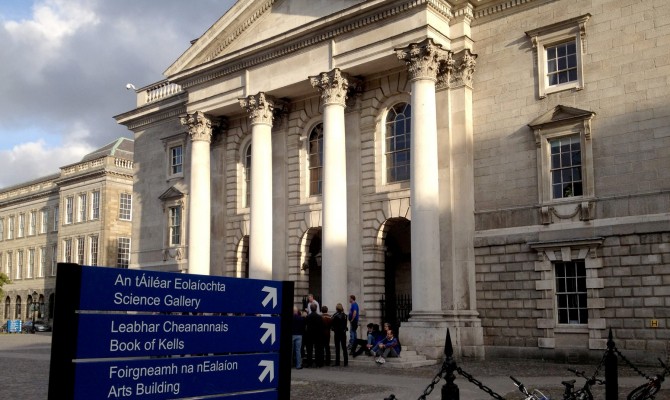The Union of Students in Ireland (USI) has expressed concern over the spending of students and taxpayer’s money in higher education institutions, following revelations about the use of finances in colleges across the country, which were outlined in an RTE Investigates programme that aired on Thursday night.
The programme revealed numerous examples of questionable financial practices within Irish universities, as well as a lack of oversight and accountability in these institutions. It highlighted some significant gaps in the the Higher Education Authority (HEA) and the Department of Education and Skills’ knowledge of the way Irish universities run their financial affairs.
Following these revelations, a statement was released on the USI website. In this statement, USI President Annie Hoey stated that Irish taxpayers deserve to have confidence in the governance of third level institutions, noting that trust in these institutions has been shaken: “Students and the taxpayer fund our higher education institutions. It is crucial that we have trust in their governance. Students in Ireland currently pay the second highest fees in Europe and now we are concerned how these fees are being spent.”
She stated that she believes it would be “reckless” for the government to make any decisions on how the higher education system should be funded until the public has “full faith that good governance and accountability procedures are being adhered to in our higher education institutions”.
She continued: “While investigations into these allegations is being made, it would be reckless for our Government to rush into any decision about the future funding of higher education. Higher education institutions are here to serve the public good, and the public must have confidence in how the funding of these institutions is managed. It would be inconceivable for our Government to even consider introducing Income Contingent Loans and putting students into €20,000 debt while trust in how funds are managed are now shaken.”
Last July, the Cassells report was published by the Expert Group on Future Funding for Higher Education for the Government , which outlines three options for the future funding of the higher education system. One of these options is an income contingent loan scheme, to which Hoey refers and to which the USI is opposed.
The other two options put forth by the report are a model funded by general taxation with no student contribution fee, and an increase in State spending alongside the retention of the existing €3,000 student contribution charge. The USI supports the latter.







